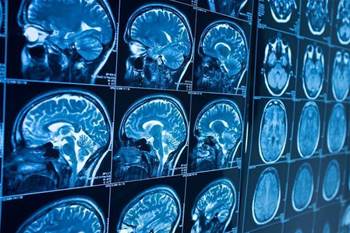Two multidisciplinary projects at the University of Sydney are set to share in over $7 million to develop technologies for mental health and neurological disorders using artificial intelligence.
The two projects from the university’s Brain and Mind Centre received the funding as part of the federal government’s Medical Research Future Fund.
A shade over $4 million will go towards a project led by professor of neurology Michael Barnett and the the Sydney Neuroimaging Analysis Centre (SNAC).
They will investigate how AI can be combined with medical imaging technologies to improve diagnoses, monitoring and treatment of diseases like multiple sclerosis (MS).
Known as the Translating AI Networks to Support Clinical Excellence in Neuro Diseases (TRANSCEND) project, the researchers are attempting to build a new AI learning ecosystem by training the AI to recognise biomarkers linked to the progression of MS.
Barnett said TRANSCEND fills an important gap in the research of AI technologies in the health sector.
“Software-generated ‘artificial neural networks’ have demonstrated a remarkable capacity for (generic) image recognition,” Barnett said in a statement.
“Despite the clear potential for this technology to transform health delivery, particularly through advances in medical imaging, AI research and implementation has remained the purview of research institutes and technology companies with limited access to real-world data.”
“By incorporating real-world data, TRANSCEND will enable new AI research and technologies within the health sector, while preserving patient privacy and data security.”
Meanwhile, $3.1 million was allocated to a project led by post-doctoral research fellow Frank Iorfino to test and quantify the impacts of youth mental health interventions using AI.
This study brings together data and computer scientists who will work with clinicians and health services to develop digital tools that can help inform clinical decisions about which interventions and treatments are best suited to young people looking for mental health care.
Iorfino said the research is vital given mental disorders are a leading cause of disability and death among young people.
“A key challenge for youth mental health care is how to make effective clinical decisions about the timing and sequence of interventions, particularly for those with complex needs.
“This three-year project will use AI to model youth mental health outcomes and quantify the impact of interventions on these outcomes.”
Professor Ian Hickie, Brain and Mind Centre co-director of youth mental health and policy, said that the new approaches could result in real-time decision aids that can help clinicians make better choices about which early interventions will be of the most benefit to young people with emerging mood and psychotic disorders.



.png&h=140&w=231&c=1&s=0)

.jpg&h=140&w=231&c=1&s=0)




















